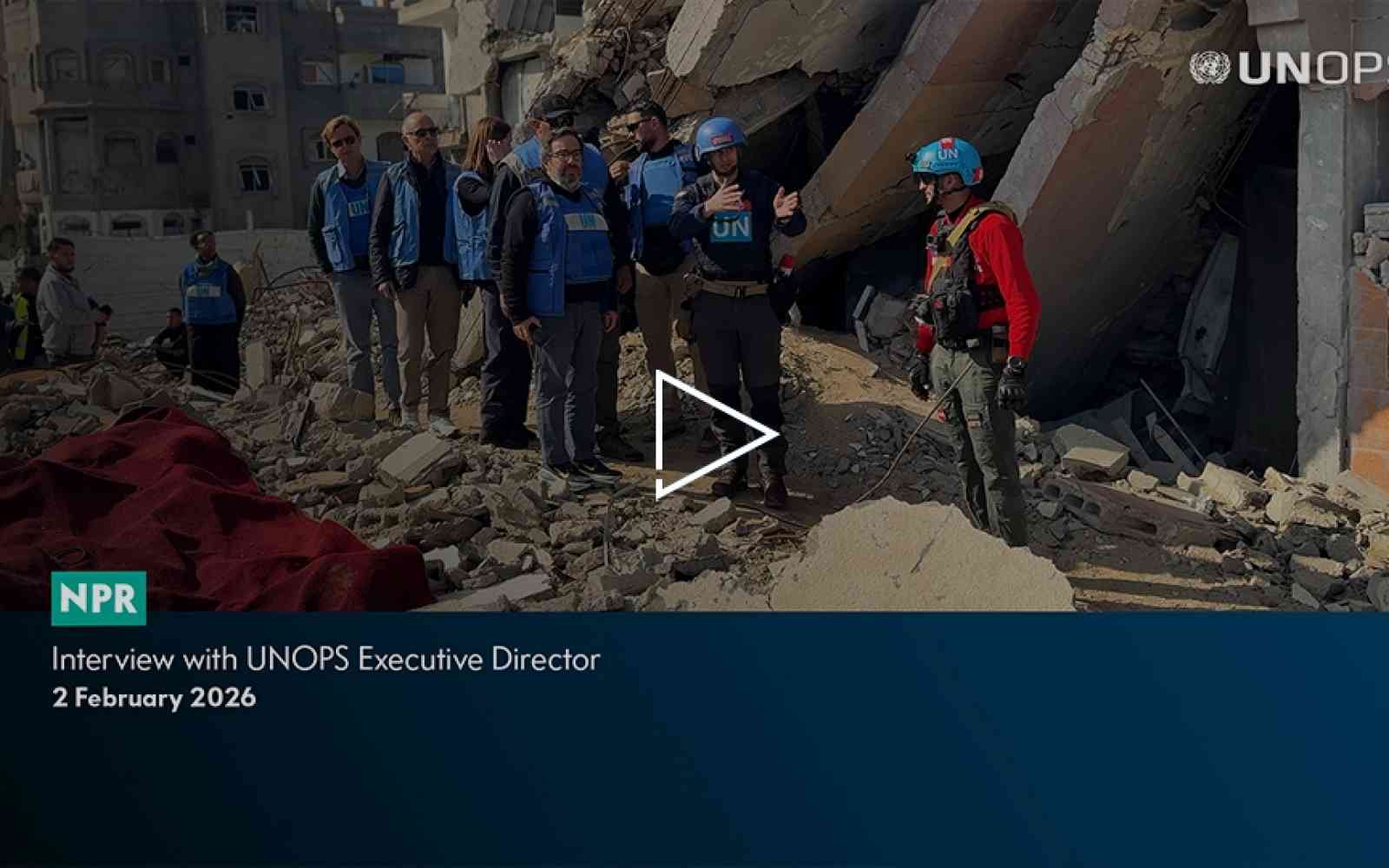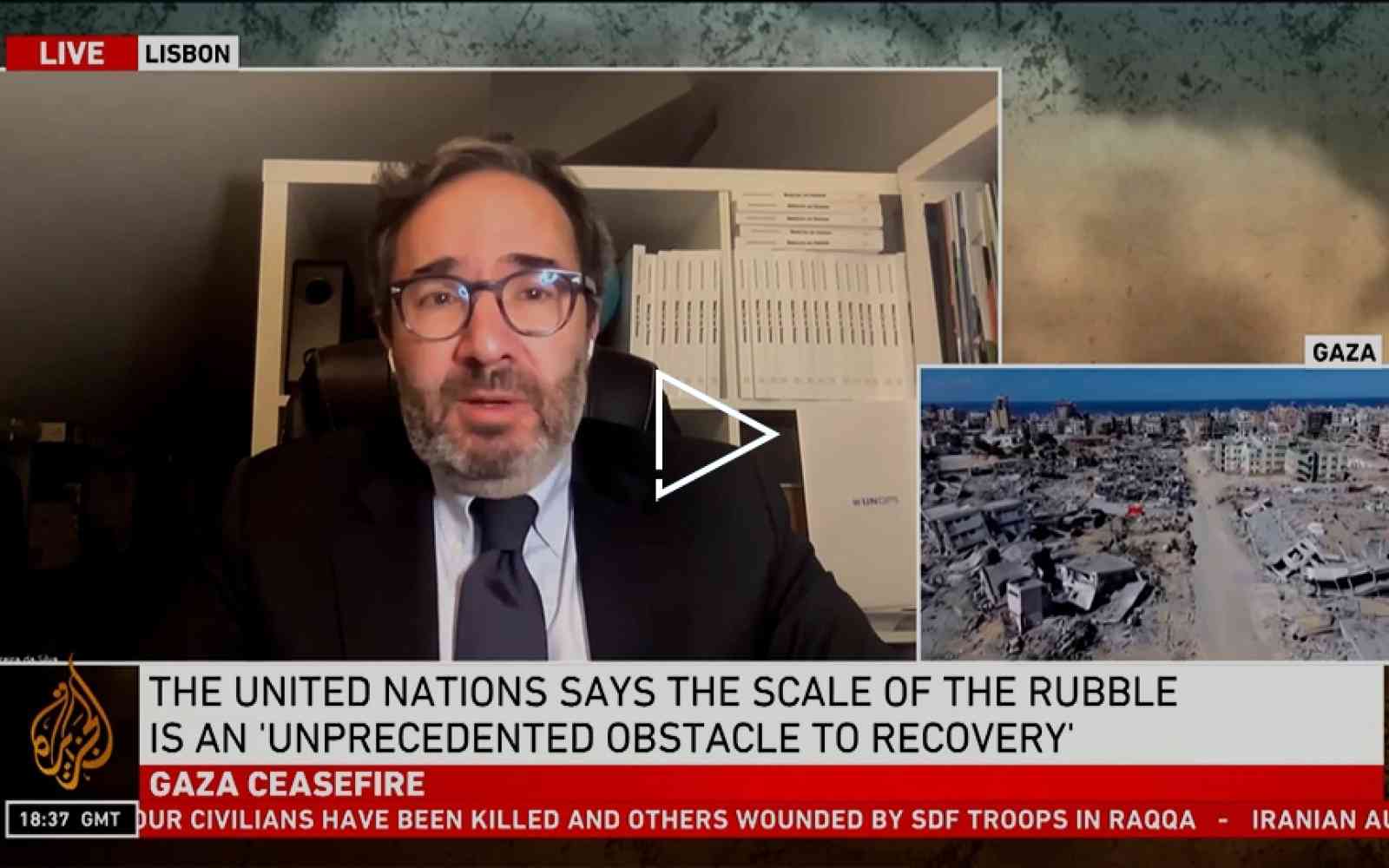The United Nations Office for Project Services (UNOPS)
As seen in Gaza, aid delivery without trust is not possible
Over the last few days, attempts at setting up a new aid delivery mechanism in Gaza — private, militarized, and without United Nations involvement — have threatened some fundamental pillars of humanitarian aid: transparency, accountability, and non-conditionality.
In the world’s most fragile contexts, helping people is never just about logistics. It’s also fundamentally about trust. It is vital to look at what transparency and trust can achieve in humanitarian responses in Gaza and beyond.
Without some degree of trust, you can’t negotiate, de-escalate, and ultimately respond to people’s needs. You can’t provide access to basic services or deliver essential goods. Without trust, even the best-intentioned relief efforts can falter. Yet in Gaza, an aid-distribution mechanism designed around transparency and trust already existed.
Continue reading this article.










